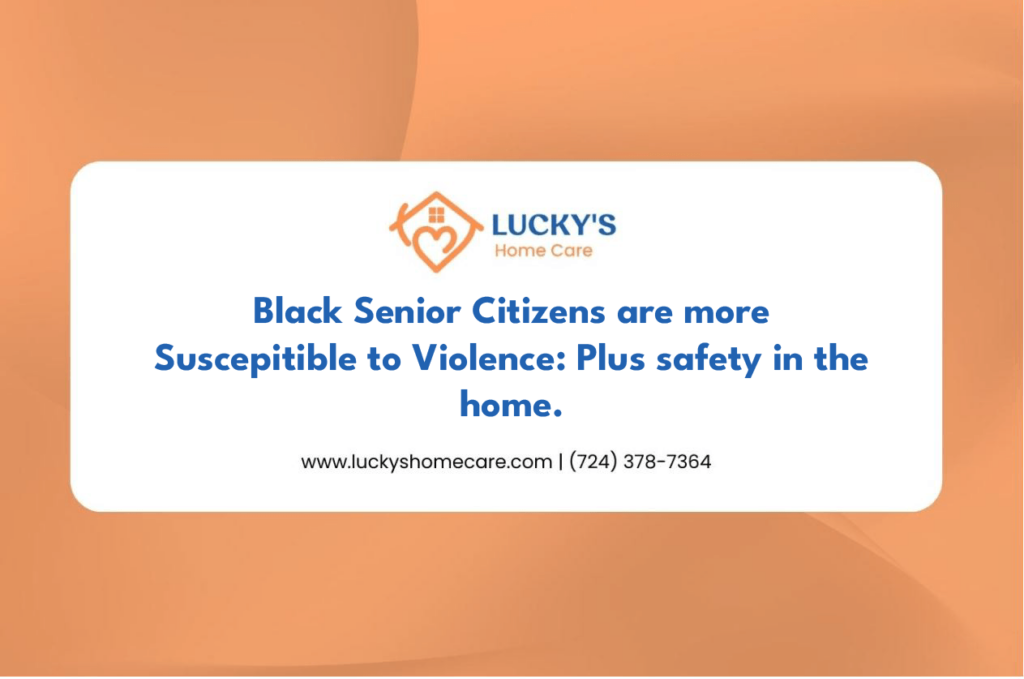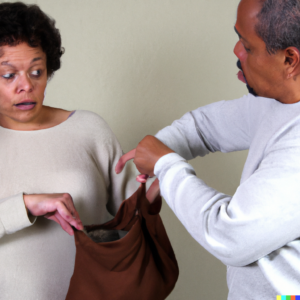
Black senior citizens may live in areas that are prone to more violence than their white counterparts.
As our elderly age more, we as their loved ones worry about their safety around the home and in public. My elderly mother experienced an awful event when she had her purse snatched while loading her car at the supermarket. She later told me she fought the assailant briefly, which I thought was a bad idea. Crimes like these can be lessened with a few precautions.
Black senior citizens may live in areas that are prone to more violence than their white counterparts.
When Black seniors are out in public, there are steps they can take to enhance their safety:(However, all these suggestions apply to all senior citizens.)
1. Stay alert: Be aware of your surroundings and pay attention to the people and activities happening around you. Stay focused on where you are going and avoid distractions like excessive phone use.
2. Walk confidently: Walk with purpose and confidence, which can help deter potential attackers. Maintain good posture and make eye contact with those around you.
3. Use well-lit areas: Stick to well-lit areas when walking at night and avoid shortcuts through dark or isolated places. If possible, walk with a companion or in a group.
4. Carry minimal valuables: Avoid carrying large amounts of cash or wearing expensive jewelry, as this can make you a target for theft. Keep your wallet, purse, or bag close to your body and avoid displaying valuable items.
5. Be cautious of strangers: Be cautious when approached by strangers. Avoid sharing personal information or engaging in conversations with individuals you do not know well.
6. Protect personal information: Be mindful of protecting personal information, such as social security numbers or bank account details. Be cautious when giving out personal information over the phone or online.
7. Use transportation wisely: When using public transportation or taxis, choose well-lit and populated areas for pickups and drop-offs. If possible, let someone know your travel plans and estimated arrival times.
8. Trust your instincts: If something feels off or unsafe, trust your intuition. If you feel uncomfortable in a situation or with someone, remove yourself from it or seek help from nearby authorities.
9. Stay connected: Carry a mobile phone or have access to a communication device to stay connected with family or friends. Having a lifeline can provide a sense of security and peace of mind.
10. Report suspicious activity: If you observe any suspicious activity or feel threatened, report it immediately to the appropriate authorities, such as the police or security personnel.
11. Don’t travel alone. Go with someone you trust not a stranger.
12. Carry mace or a weapon.
Remember, each public environment can present different safety challenges, so it’s important to assess the surroundings and adapt safety practices accordingly.

